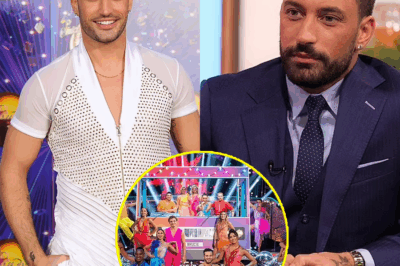In a controversial and impassioned statement, Lin Dunn, the renowned director of the Indiana Fever, has called for the expulsion of Brittney Griner from the U.S. Olympic team. Dunn’s comments have ignited a firestorm of debate across the sports community, centered around Griner’s recent actions and the broader implications for athletes representing their countries on the global stage.
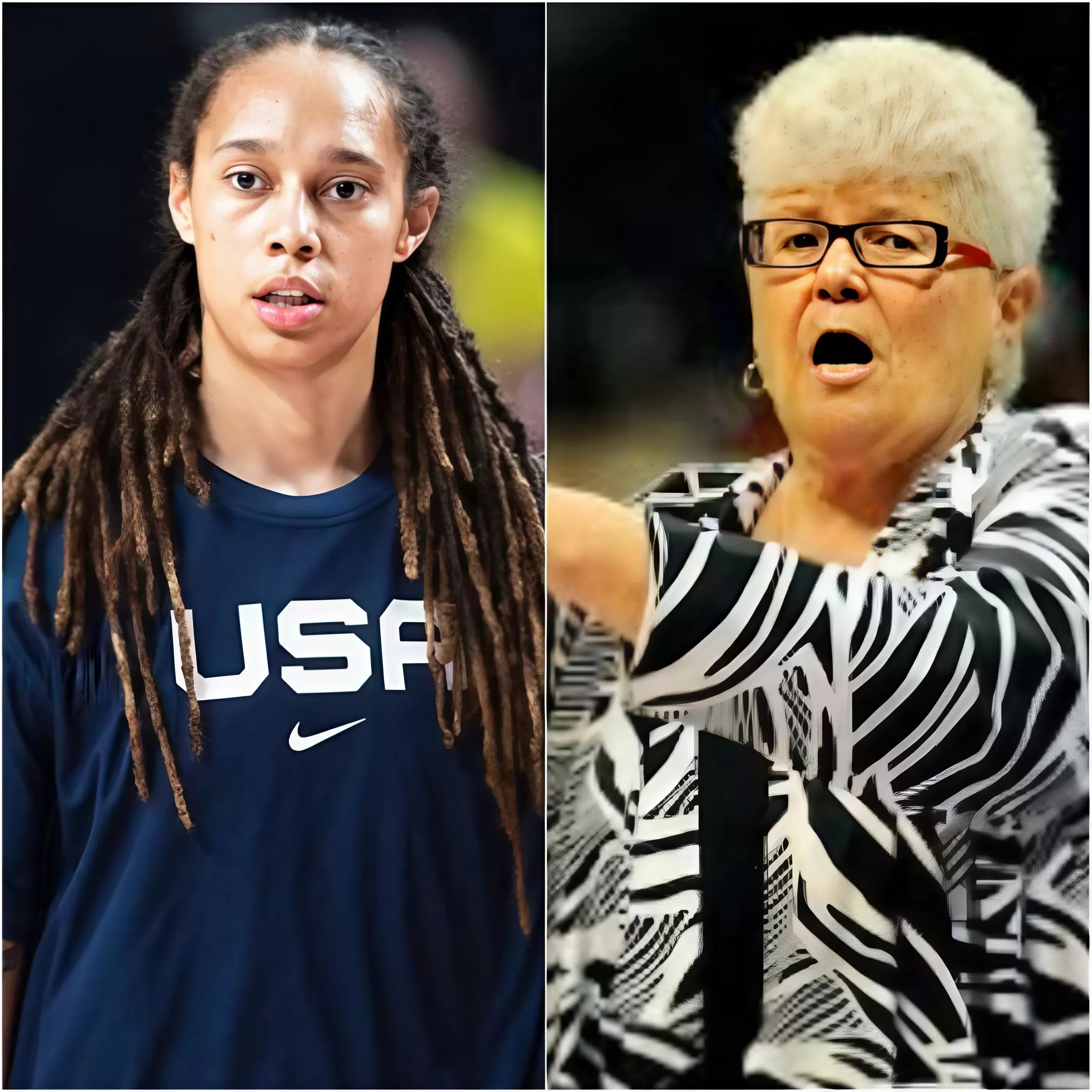
Lin Dunn, a seasoned figure in women’s basketball, has been a prominent advocate for sportsmanship and national pride throughout her career. Her recent remarks come in response to a situation that has polarized public opinion. Dunn’s criticism targets Brittney Griner, a celebrated basketball player who has been an integral part of the U.S. national team and a major figure in the Women’s National Basketball Association (WNBA). The catalyst for Dunn’s call to action appears to be Griner’s recent protest during the American national anthem, an act that Dunn and many others interpret as a sign of disrespect.
In her statement, Dunn expressed her frustration, stating, “When you disrespect the American anthem, you don’t deserve to represent this country.” Dunn’s position underscores a belief that national symbols, such as the anthem, hold a profound significance that athletes should respect when they are in a position to represent their nation. This sentiment is rooted in a broader context where sports figures are often expected to embody national values and pride, particularly on international platforms like the Olympics.
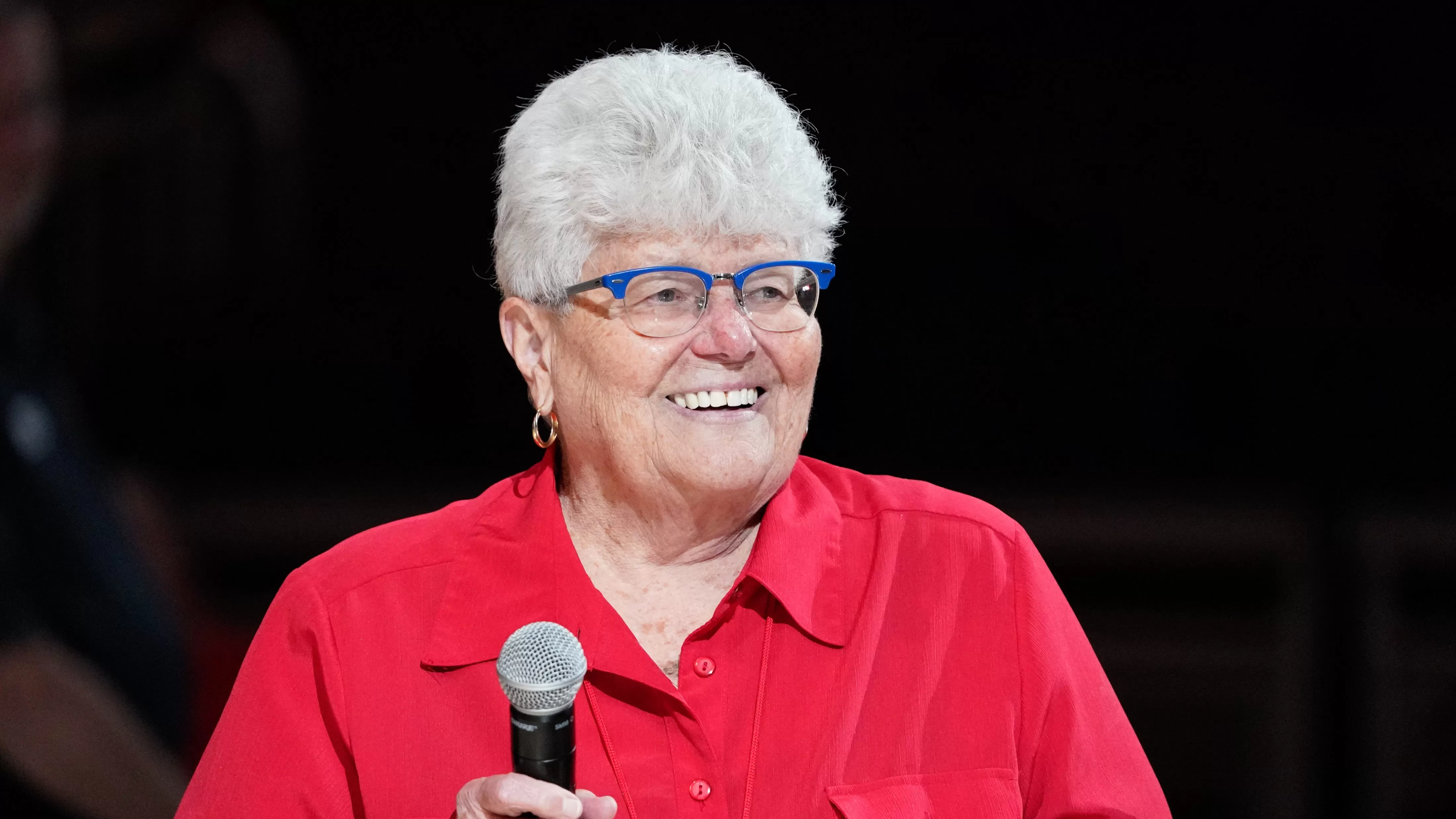
Brittney Griner, who made headlines not only for her impressive athletic skills but also for her outspoken advocacy on social issues, has faced backlash from various quarters. Her protest during the anthem was part of a larger movement where athletes have used their platforms to highlight systemic injustices and advocate for social change. While this form of protest has been defended by many as a legitimate exercise of free speech, it has also faced criticism from those who believe that such actions undermine the unity and honor associated with national representation.
Dunn’s call for Griner’s removal raises important questions about the balance between personal expression and national duty. On one hand, Dunn’s perspective reflects a belief in the sanctity of national symbols and the responsibility of athletes to uphold a sense of national pride. On the other hand, Griner’s actions are emblematic of a broader conversation about the role of athletes in addressing social issues and the extent to which personal beliefs should influence their professional roles.
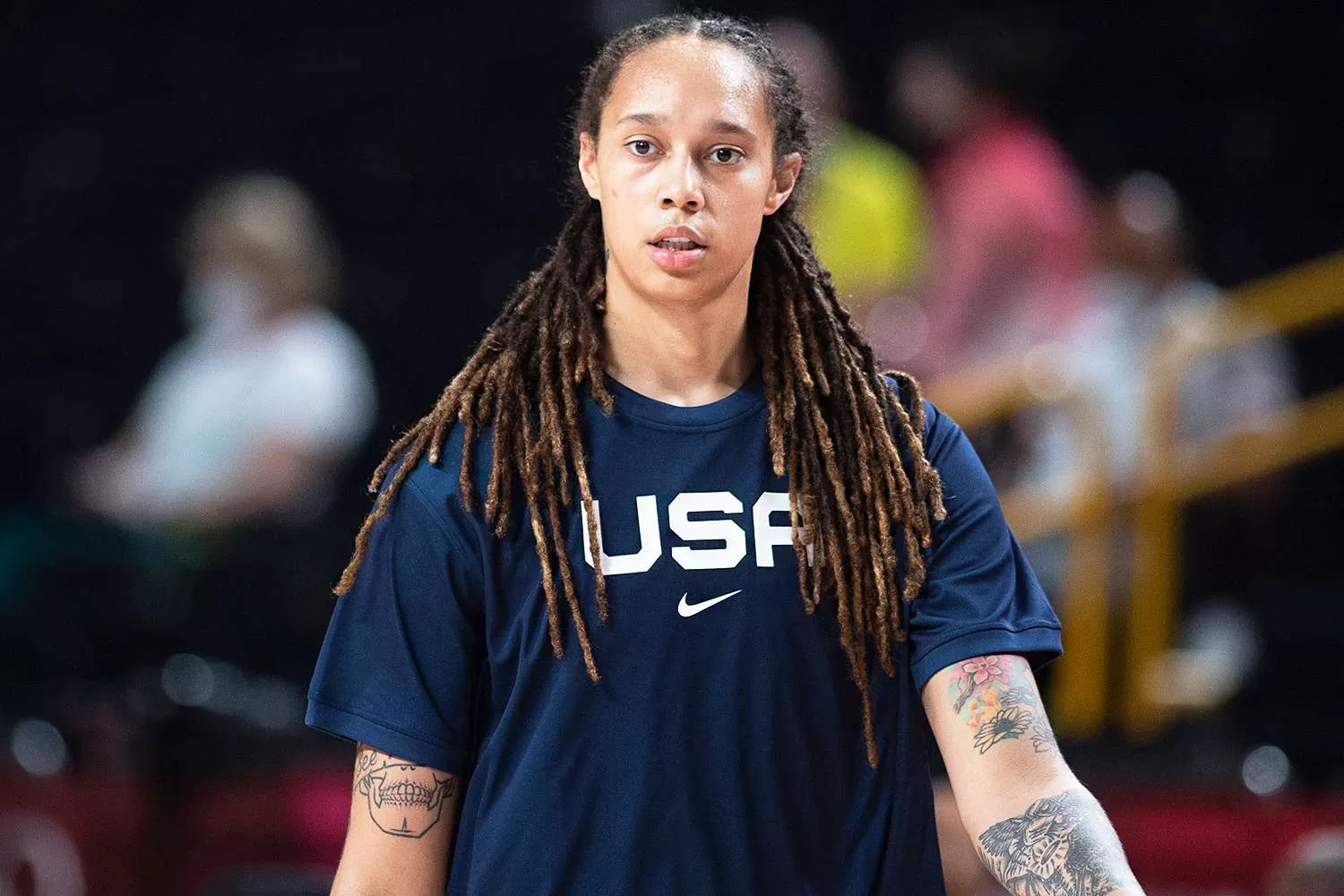
The debate over Griner’s place on the U.S. Olympic team taps into larger discussions about patriotism, protest, and the expectations placed on public figures. In recent years, the intersection of sports and activism has become increasingly prominent, with athletes like Colin Kaepernick and Megan Rapinoe also facing scrutiny for their forms of protest. These situations often highlight the tension between individual rights and collective expectations, especially in contexts where national symbols and values are involved.
As this debate unfolds, it is essential to consider the diverse perspectives that contribute to the discussion. Athletes like Brittney Griner have used their visibility to challenge societal norms and bring attention to pressing issues, which has led to significant dialogue and, at times, controversy. Conversely, figures like Lin Dunn represent a viewpoint that emphasizes the importance of unity and respect for national symbols, which many argue is crucial for maintaining a sense of national identity and pride.
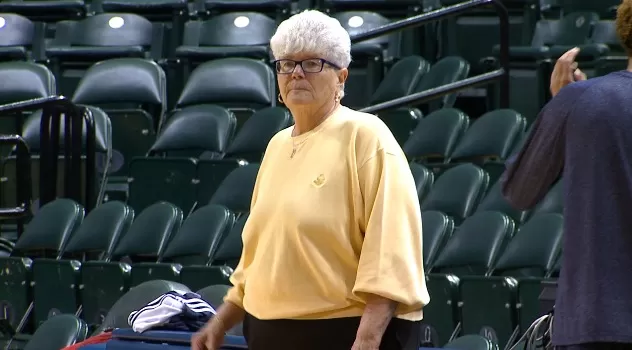
Ultimately, the question of whether Brittney Griner should remain on the U.S. Olympic team is not just about one athlete’s actions but about how society negotiates the complex interplay between personal expression and national representation. As the discourse continues, it will be important to engage with the nuanced arguments from all sides and consider the broader implications for sports and national identity.
In conclusion, Lin Dunn’s call for Brittney Griner’s expulsion from the U.S. Olympic team has sparked a critical conversation about respect, protest, and the role of athletes in representing their country. While opinions on this matter vary widely, it is clear that the debate touches on fundamental issues of patriotism and personal conviction, highlighting the evolving landscape of sports and activism in contemporary society.
News
Chaos behind the scenes: Mickey Rourke exits Celebrity Big Brother UK amid controversy over “repeatedly crossing the line.”
Mickey Rourke has agreed to exit “Celebrity Big Brother UK” following his continued use of offensive language, Variety has confirmed. “Mickey Rourke has agreed…
Giovanni Pernice will NOT be returning to Strictly Come Dancing despite hinting he could make a comeback on the BBC show
It has been confirmed that Giovanni Pernice will not be returning to Strictly Come Dancing. The Italian dancer hinted at a return…
Mickey Rourke is planning to sue Celebrity Big Brother bosses after they ‘cost him a big pay day’: “ITV will have to pay the price”
Mickey Rourke is reportedly planning to sue Celebrity Big Brother bosses after they ‘cost him a big pay day’ by booting him…
Kelly Ripa’s son, Michael Consuelos, shares a family secret on his new show: “My dad still doesn’t accept who I really am, he doesn’t even like to mention my boyfriend…” – Unlock details in Comments
Kelly Ripa’s Son, Michael Consuelos, Shares a Family Secret on His New Show: “My Dad Still Doesn’t Accept Who I…
Following a controversy regarding “insensitive comments,” GoCompare celebrity Wynne Evans asserts that “honesty will prevail,” resolved to regain fairness from the BBC and his spot on the Strictly tour. What fuels his unwavering belief?
Wynne Evans Says ‘Truth Will Win’ in Rare Update as He Vows to Fight Back at Strictly Wynne Evans, the…
Judy Finnigan debuts changed appearance during London outing with Richard Madeley
Judy Finnigan and Richard Madeley grabbed some lunch after a sunny drive and stroll in London, with Judy flaunting long…
End of content
No more pages to load


